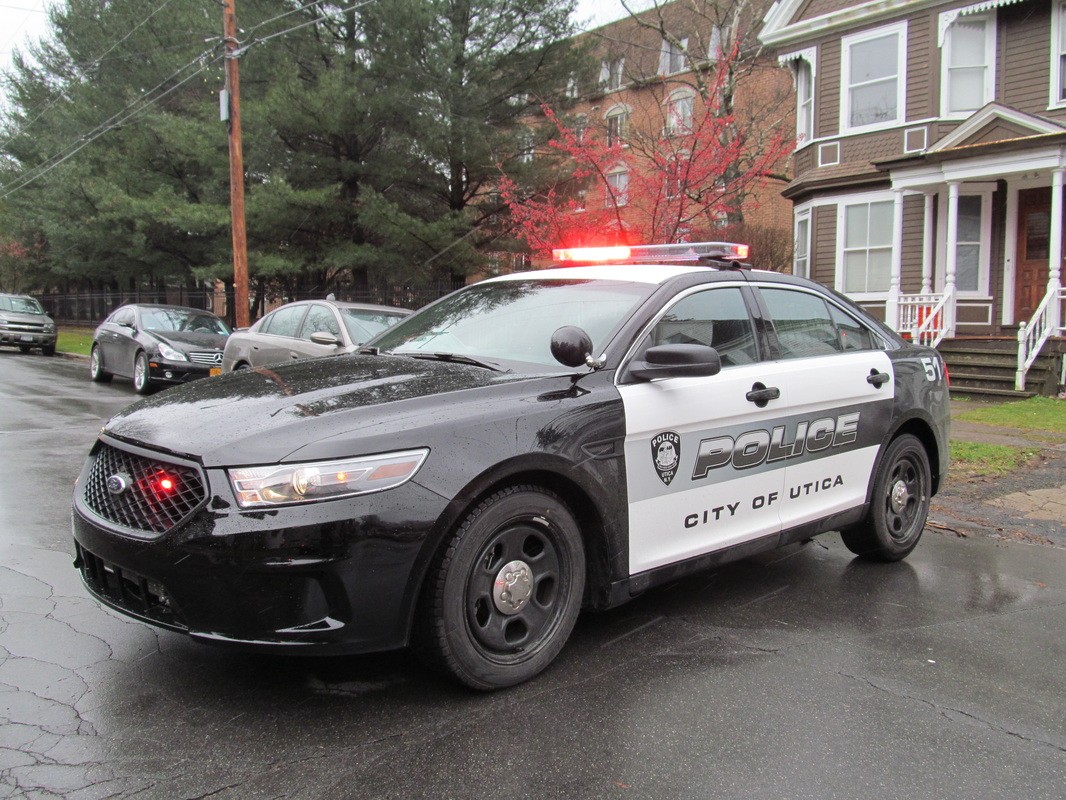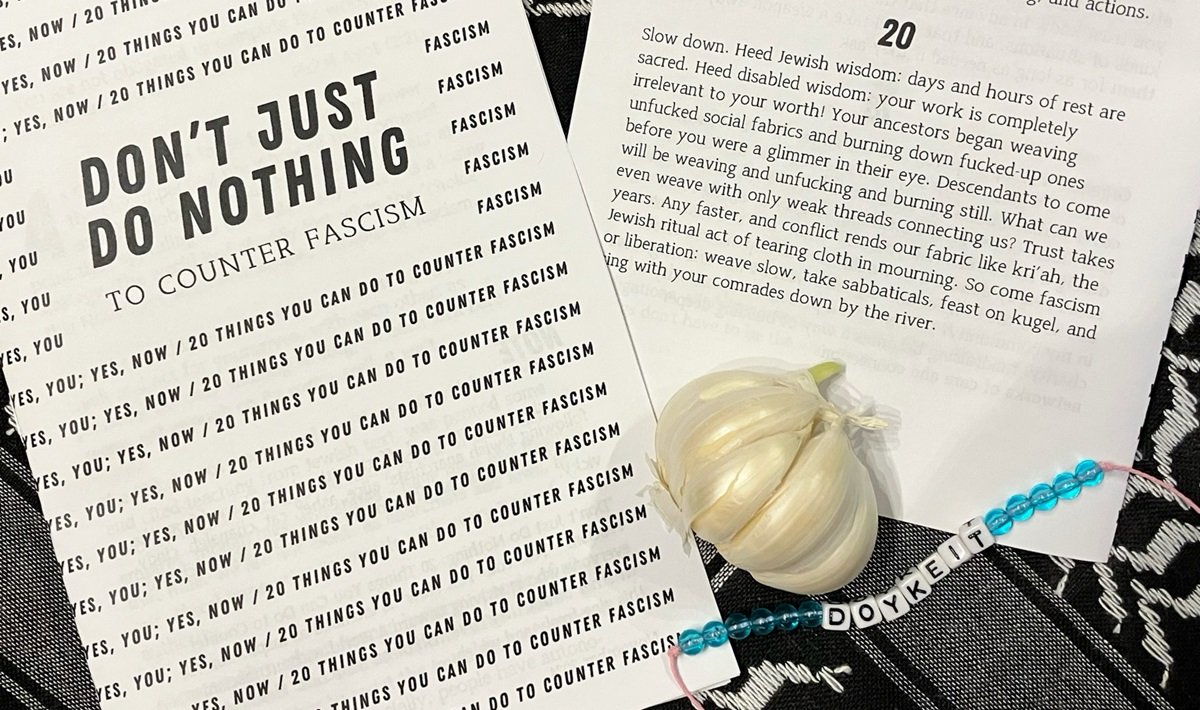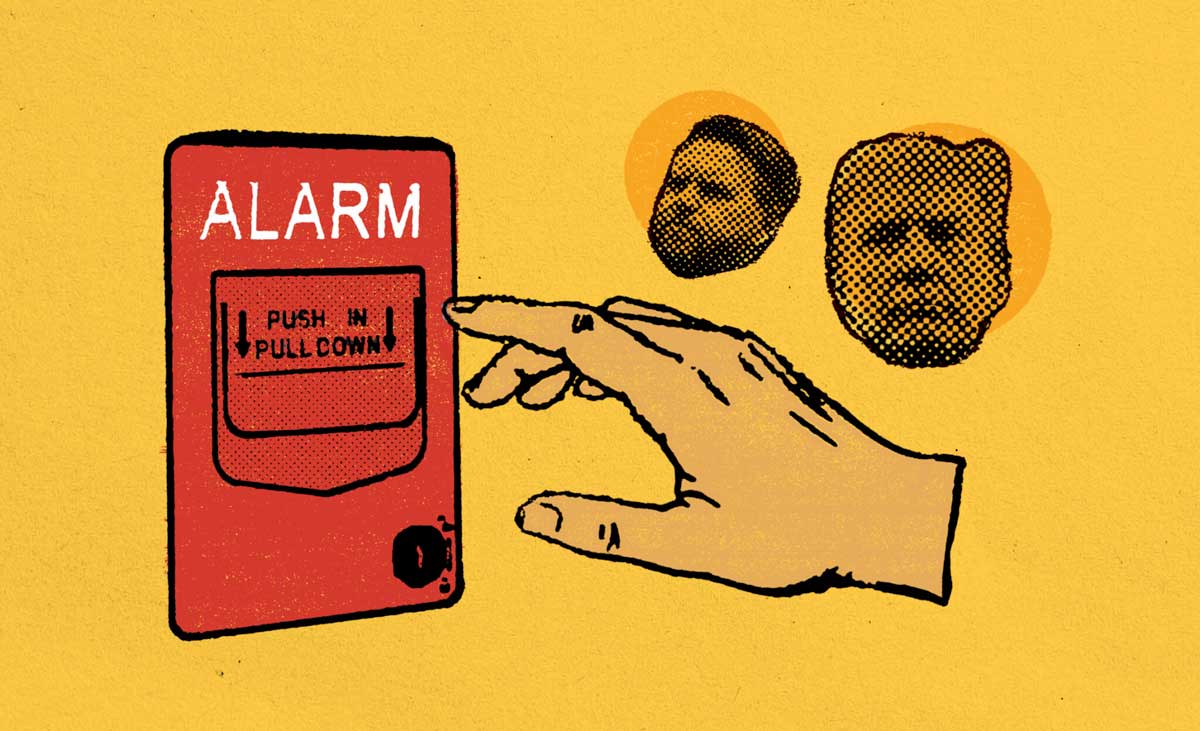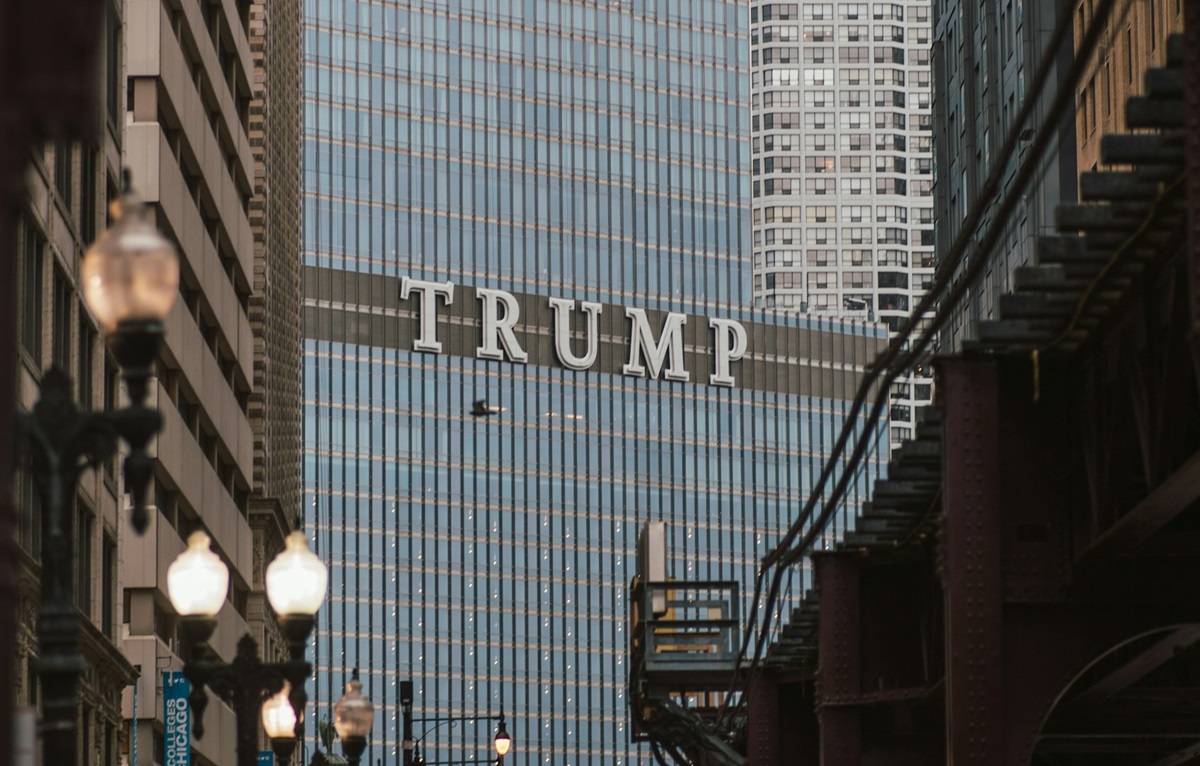Filed under: Editorials, Police, Repression, Southwest

From Love and Rage Media
Over the summer, officers of the Utica Police Department began unprecedented questioning tactics with local residents and using tactics of intimidation to pressure local activists associated with the Black Lives Matter movement and other activist organizations. The purpose of these encounters and tactics is to gather intelligence, for broader surveillance and to create divisions within the community.
The UPD is doing this once again in anticipation of a post-election rally planned for Oneida Square. Two plainclothes officers showed up to a sign-making event last night, November 16, to ask questions about the rally and its organizers. This action, condemned by those in attendance, did create apprehension among refugees participating in the event.
We must not forget that refugees were persecuted in their home countries and many remain traumatized by their experiences. Those planning to attend this evening’s rally must also be aware that social media is under surveillance.Reports of the UPD also returning to homes of local activists to question either them or their relatives are also surfacing.
After the summer’s events, groups in Utica sought legal counsel and even conferred with the Civil Rights Bureau Chief of the New York State Attorney General’s Office. In short, those involved are fully within their rights to freely congregate and redress grievances and should not expect to be visited by members of law enforcement over such legal activity. Many like rallies have been planned in recent years which warranted very little interest from local law enforcement. These rallies, marches and protests were never violent, and those in attendance minded specific laws on demonstrations (i.e. staying out of the street, allowing room for passersby on sidewalks).
Thus we are re-publishing the following advice from the National Lawyer’s Guild that we did over the summer in response to police intimidation of Black Lives Matter activists in Utica:
You have a right to not talk to any law enforcement agents if they visit you. They will try and come off as having your best interests and your safety in mind and may be very disarming, but they are not here to help you. They are here to target, disrupt and, if possible, neutralize local movement-building.
The government’s crusade against politically-active individuals is intended to disrupt and suppress the exercise of time-honored free speech activities, such as boycotts, protests, grassroots organizing and solidarity work. Remember that you have the right to stand up to the intimidation tactics of law enforcement officials. Activists and political dissidents have been targeted by law enforcement throughout US history. During the 1960s and 70s COINTELPRO was launched by the FBI with the aim to disrupt and ultimately destroy the Civil Rights, anti-war, student, Black Power and other movements. Although the program officially ended, these tactics of intimidation, harassment, disruption and intelligence gathering continue to this day, even in places like Utica. Each person who takes a courageous stand makes future resistance to government oppression easier for all.
Whether or not you’re a citizen, you have these constitutional rights:
The Right to Remain Silent. The Fifth Amendment to the U.S. Constitution gives every person the right to remain silent in the face of questions posed by any police officer or government agent.
The Right to be Free from “Unreasonable Searches and Seizures”. The Fourth Amendment is supposed to protect your privacy. Without a warrant, police or government agents are not allowed to search your home or office and you can refuse to let them in. Know, however, that it is easy for the government to monitor your e-mail, telephone calls, and conversations in your home, office, car or meeting place.
The Right to Advocate for Change. The First Amendment to the U.S. Constitution protects the rights of groups and individuals who advocate changes in laws, government practices, and even the form of government. However, the INS can target non-citizens for deportation because of their First Amendment activities, as long as it could deport them for other reasons.
What should I do if agents come to question me?
1. YOU DO NOT HAVE TO TALK TO THE POLICE, FBI, ICE, OR ANY OTHER LAW ENFORCEMENT AGENT OR INVESTIGATOR.
You are not legally obligated to talk to anyone: on the street, at your home or office, if you’ve been arrested, or even if you’re in jail. If you are driving a motor vehicle, you are required to show your license and registration. Only a judge has the legal authority to order you to answer questions. If you are contacted, tell the agent you want to consult an attorney. They should stop trying to question you once you say this. You do not have to already have a lawyer. Remember to get the name, agency, and telephone number of any investigator who calls or visits you, and call the NLG, or a criminal or immigration lawyer, before deciding whether to answer questions.
2. YOU CAN SAY NO!
If the police, FBI, ICE or anyone else tries to enter your home without a warrant, say, “I will not talk to you until I consult an attorney.” Many people are afraid that if they refuse to cooperate, it will appear as if they have something to hide, or think that they can educate the police. Don’t be fooled. Talking to law enforcement can be very dangerous. You can never tell how a seemingly harmless bit of information might be used to hurt you or someone else. Locally, the Utica Police Department is gathering information on activists who have done nothing wrong. And keep in mind that even though they are allowed to and do lie to you, lying to a federal agent is a crime. The safest things to say are “I am going to remain silent”, “I want to speak to my lawyer”, and “I do not consent to a search.”
3. YOU DO NOT HAVE TO LET POLICE OR OTHER LAW ENFORCEMENT AGENTS INTO YOUR HOME OR OFFICE UNLESS THEY HAVE A WARRANT.
Demand to see the warrant. If they have a search warrant, you cannot stop them from entering and searching, but you should still tell them that you do not consent to a search. This will limit the search to what is specified in the warrant. If they ask you to give them documents, your computer, or anything else, look to see if the item is listed in the warrant. If it is not, do not consent to them taking it without talking to a lawyer. An arrest warrant does not allow them to search your home or office unless you consent to that. Say “I do not consent to a search.” Do not answer any questions. Call the NLG or a criminal lawyer, or the emergency civil rights number listed here.
4. IF YOU ARE STOPPED ON THE STREET, ASK IF YOU ARE FREE TO GO.
If you are stopped by the police, ask them why. Remember, they are allowed to lie to you. Ask, “Am I free to go?” If they say yes, walk away. Legally, you do not have to give your name unless they suspect you of a crime, but it may be expedient to do so – however, be aware that police agents may be carrying a list of deportable aliens, and that giving a false name could be a crime. If you are not free to go, you are being detained, but this does not necessarily mean you will be arrested. They are entitled to frisk you. A frisk is a pat down on the outside of your clothing. Do not consent to any further search. But if they continue, or in some other way violate your rights, stay calm and don’t physically resist police or agents. You will only be hurt and arrested. Stick to “I don’t consent, I want to speak to my lawyer.” and call a lawyer at your first opportunity. You do not have to answer questions if you are detained or even if you are arrested.
5. ANYTHING YOU SAY TO THE POLICE, FBI, ICE, ETC. CAN BE USED AGAINST YOU AND OTHERS.
They may pressure you by saying it’s unpatriotic not to answer, or that people with nothing to hide would talk. Remember, however, that even innocent people who have done nothing wrong may say things that the government will use against them or others. That is why the right not to talk is a fundamental right under our Constitution. Repeat “I want to talk to my lawyer” to any officer who questions you.
Do not be discouraged by police intimidation. There is a long tradition of political activism in this nation and a long history of activists getting targeted for their political beliefs and actions. Reach out if you need help and know that other activists and community members have your back and will support you.
Below is some information from the National Lawyers Guild about your rights. For more detailed information, please visit this link. There are also pamphlets in Spanish, Arabic and various languages.





